Dr. Anna Lembke decodes the neuroscience in her book Dopamine: Living Balanced in a Time of Temptation, helping readers achieve a healthier balance between pleasure and pain.
What is the hormone dopamine?
Dopamine is a naturally occurring neurotransmitter in humans and animals. It is produced in the brain and is involved in transmitting signals between nerve cells.
Dopamine plays an important role in many neurological functions such as emotion, learning, concentration and decision making.
In addition, dopamine is also known as the happy hormone because it has the ability to stimulate brain regions related to enjoyment, bringing feelings of joy and happiness.
Too high or too low levels of dopamine in the body can lead to various health and psychological problems.
For example, a lack of dopamine can lead to Parkinson's disease. Conversely, an excess of dopamine can be addictive and cause psychological problems such as mood disorders and insomnia.
How to live in balance?
Living in a consumer society, people are gradually losing the ability to resist temptations. How to have a balanced life, free from the "addictions" of the times?
The book Dopamine Nation - Finding Balance in The Age of Indulgence by Dr. Anna Lembke talks about the topics of "pleasure" and "pain".
 |
| The book " Decoding the Dopamine Hormone - Living in Balance in an Age of Temptation" by Dr. Anna Lembke (translated by Lam Dang Cam Thao) is published by The Gioi Publishing House. (Photo: Tran Xuan Tien) |
More precisely, through real-life stories of patients, the author discusses the relationship between pleasure and pain, as well as the importance of understanding that relationship in order to live a meaningful life.
As Dr. Anna Lembke herself shares: “The book is based on true stories of my patients - people who have fallen into addiction and are trying to get out.
They allowed me to tell their stories so that the insights from their real-life experiences could help readers.”
Scientists now use dopamine as a kind of universal standard for measuring the addictiveness of any experience. The more dopamine in the brain's reward pathways, the more addictive it is.
Along with the discovery of dopamine, one of the most remarkable neuroscientific discoveries of the past century was that the brain processes pleasure and pain in the same place. Moreover, pleasure and pain act as opposite sides of a scale.
We all seem to have that moment when we want that extra chocolate bar, or that exciting book, movie, or game to last forever. That moment of desire is when the pleasure-pain balance in our brain is tilted toward pain.
The book aims to decode the neuroscience of desire, allowing us to achieve a better, healthier balance between pleasure and pain.
And the secret to a balanced life is to combine science with the understanding from the recovery experiences of those involved.
As a professor of psychiatry and addiction medicine at Stanford University School of Medicine and director of the Stanford Dual Diagnosis Addiction Medicine Clinic (USA), author Anna Lembke has received numerous awards for her outstanding research in mental illness as well as for her teaching and clinical innovation in treatment. Anna Lembke has published over one hundred articles, book chapters, and commentaries in prestigious medical journals. She also serves on the board of directors of several state and national addiction organizations. |
Source

































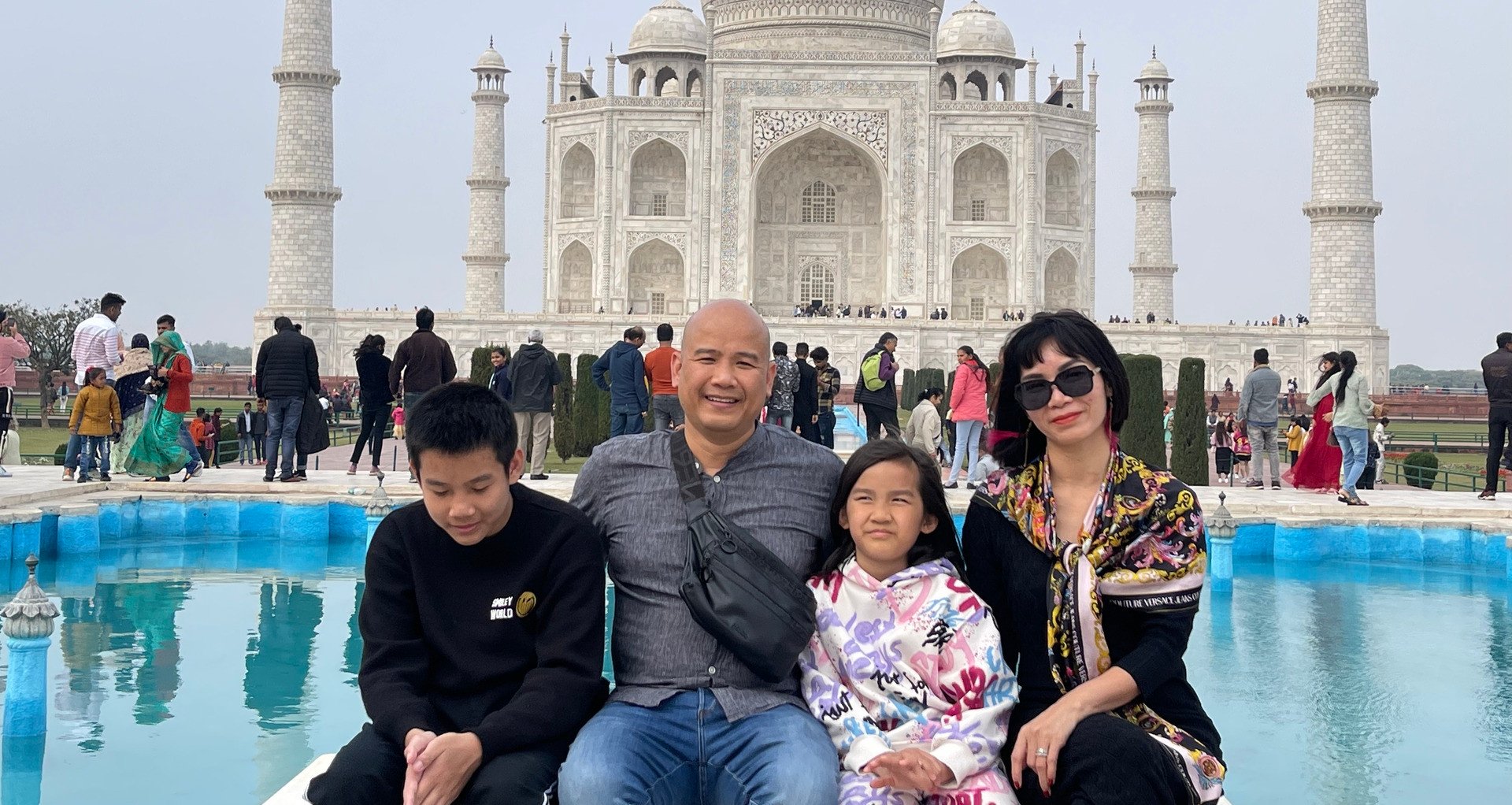



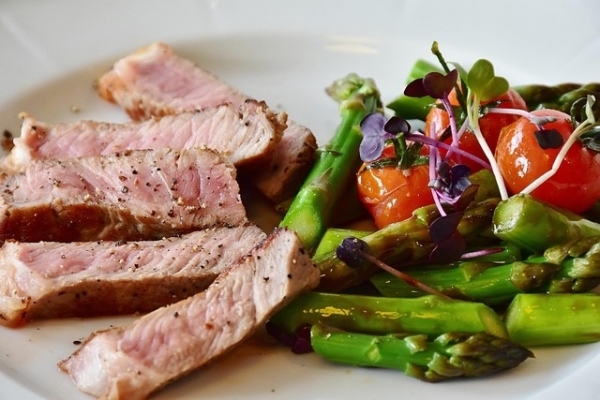




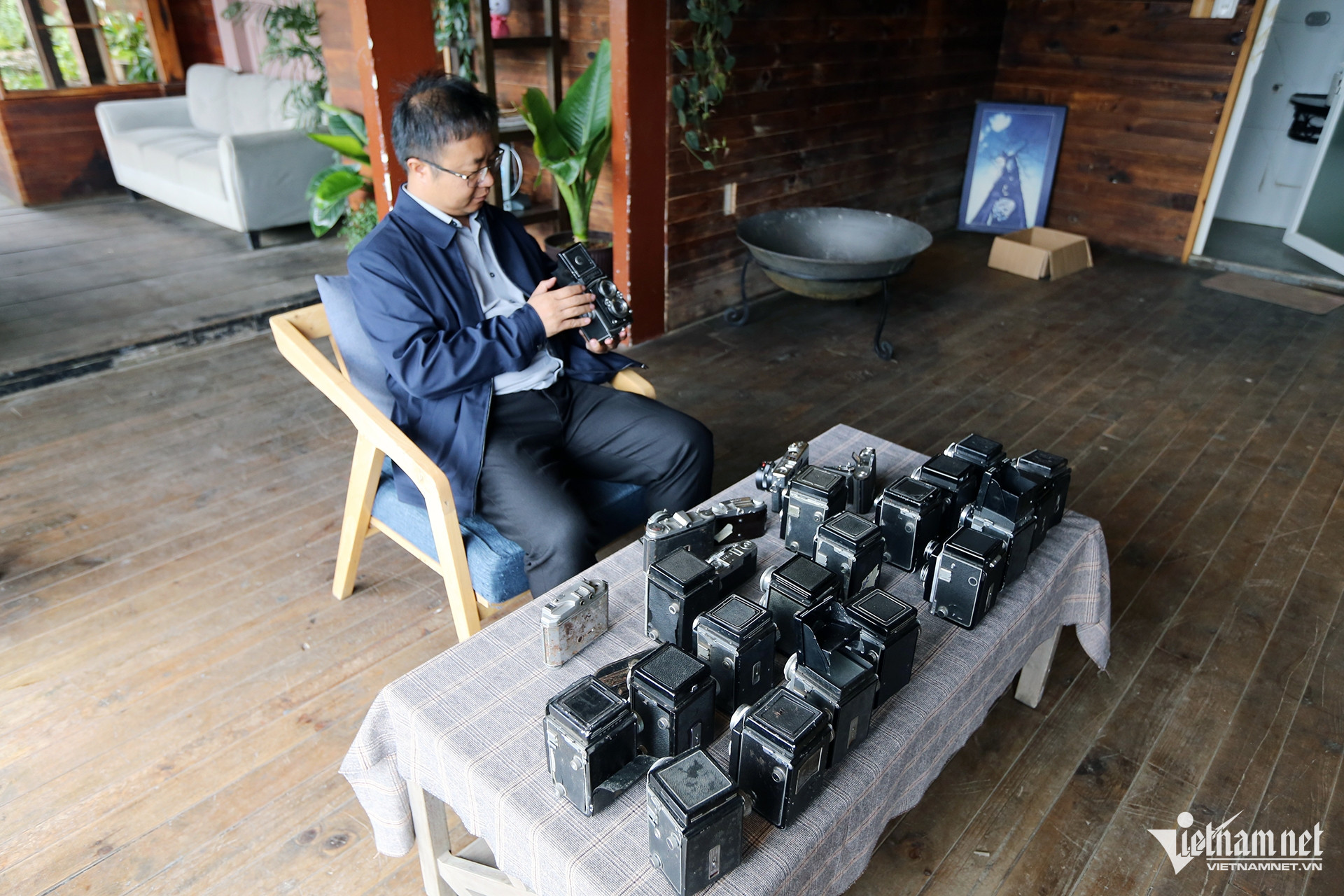





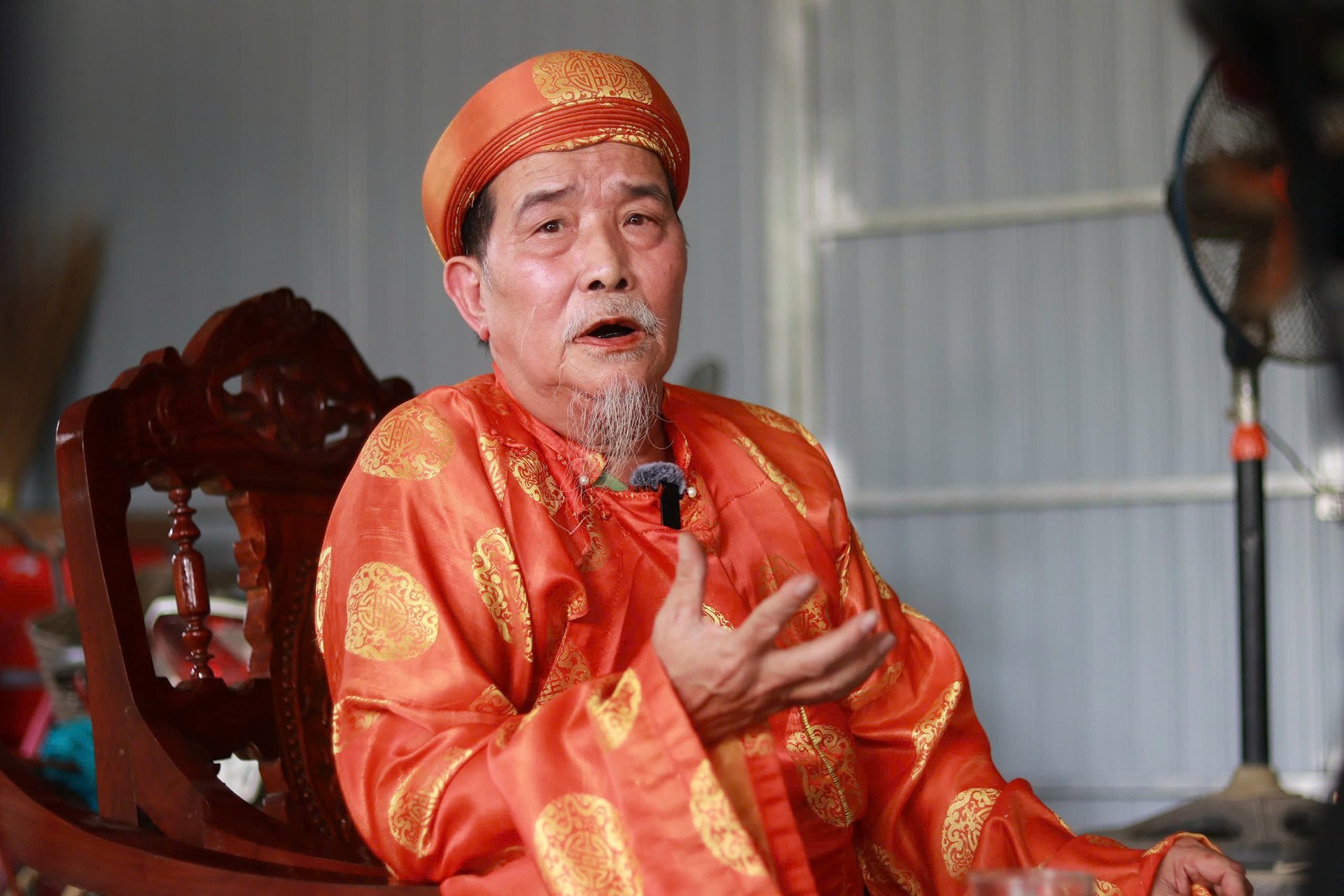
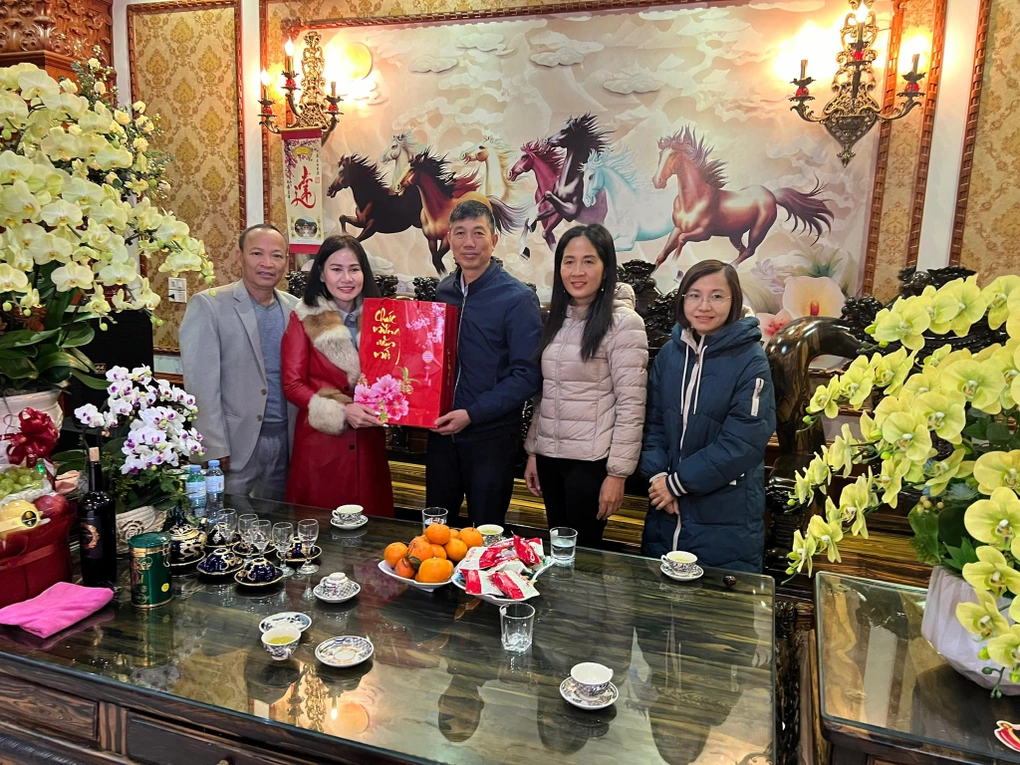





Comment (0)